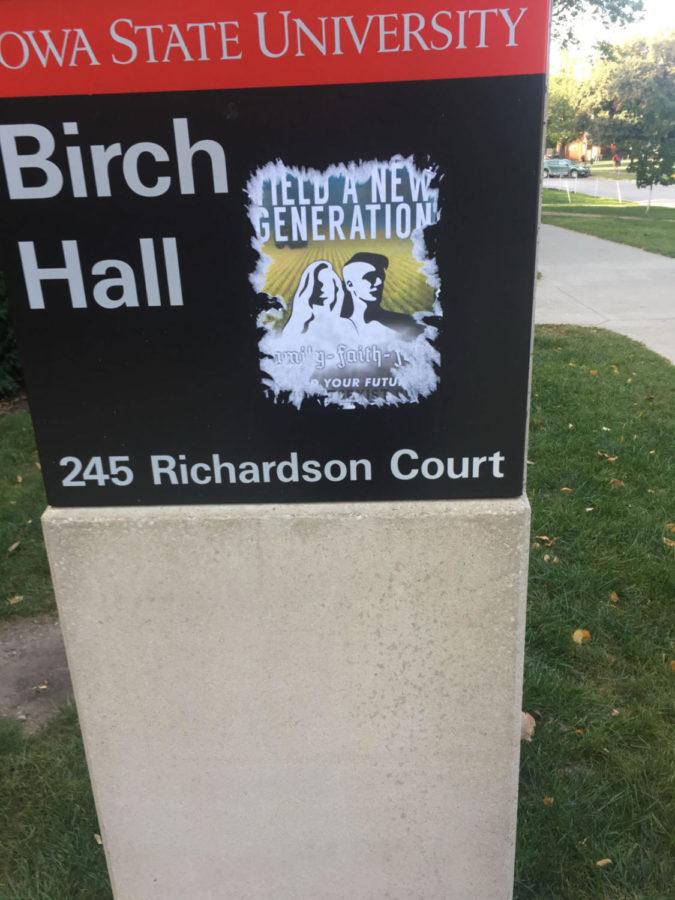Preview: Balancing Freedom of Expression and Diversity: Campus Conversation
white mat.jpg
January 16, 2018
Freedom of speech on college campuses has always been a debated issue, with diverse and dense campus populations creating a natural clash of ideals.
Iowa State will be hosting a conversation about free speech on college campuses Jan. 18 in the Sun Room of the Memorial Union. Two alumni of different University of California (UC) campuses will be featured for the event.
UC Davis graduate Mariah Watson was president of the UC Davis student body in 2016 where she earned a bachelor’s degree in philosophy and international relations. Watson was a Senate Fellow from 2016 to 2017 and has since served as a legislative aide to California Senator Nancy Skinner.
Howard Gillman has been a chancellor of UC Irvine since September 2014. He earned his bachelor’s, master’s and doctoral degrees in political science at UCLA. Gillman’s research specializes in the American Constitution and Supreme Court and he has authored nine books on the aforementioned topics.
Things turned violent at UC Berkeley in 2017 when a number of protests devolved to riots. Speakers such as then-Breitbart editor Milo Yiannopoulos, conservative pundit Ann Coulter and conservative radio host Ben Shapiro were forced to cancel speeches on the campus as a result of this behavior.
First Amendment conflicts have had a presence on Iowa State campus. In December of 2016, an event where Milo Yiannopoulos was to speak was cancelled by ISU Students 4 Trump, a non-official student organization, because the organization was unable to come up with enough funds to provide security for the event.
According to a December 2016 editorial about the cancellation of the event, ISU Students 4 Trump said the cancellation of the event was a direct attack to their conservative ideology and free speech.
There has also been an ongoing debate on whether hate speech is protected by the First Amendment.
In several instances dating back to 2015, white nationalist and neo-Nazi posters were found on Iowa State’s campus. Each time the posters were removed due to violations of facilities and grounds use policy, as university property had been vandalized by the posters. Many individuals demanded action be taken to find those who were involved, although no arrests have been made.







